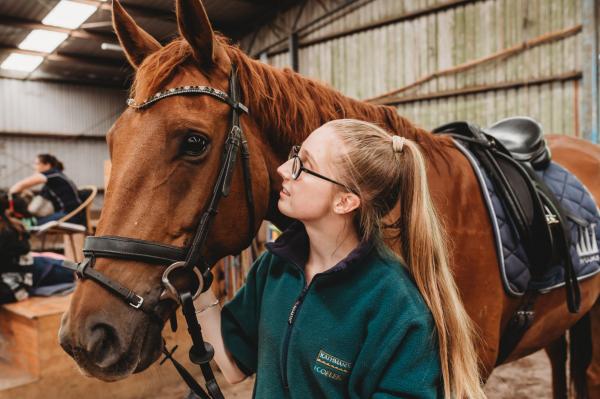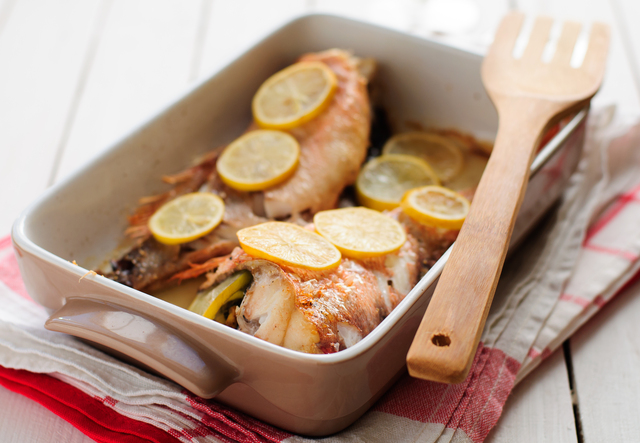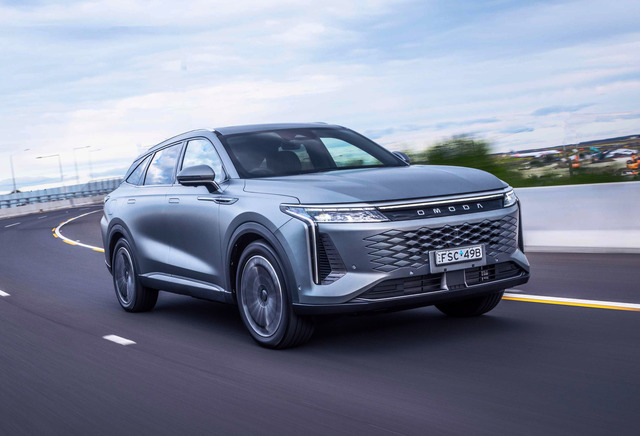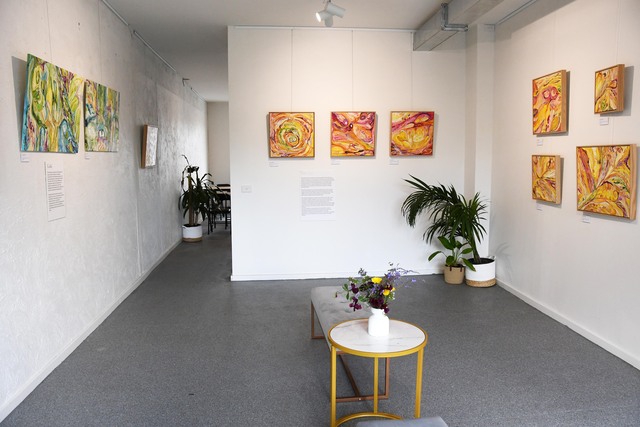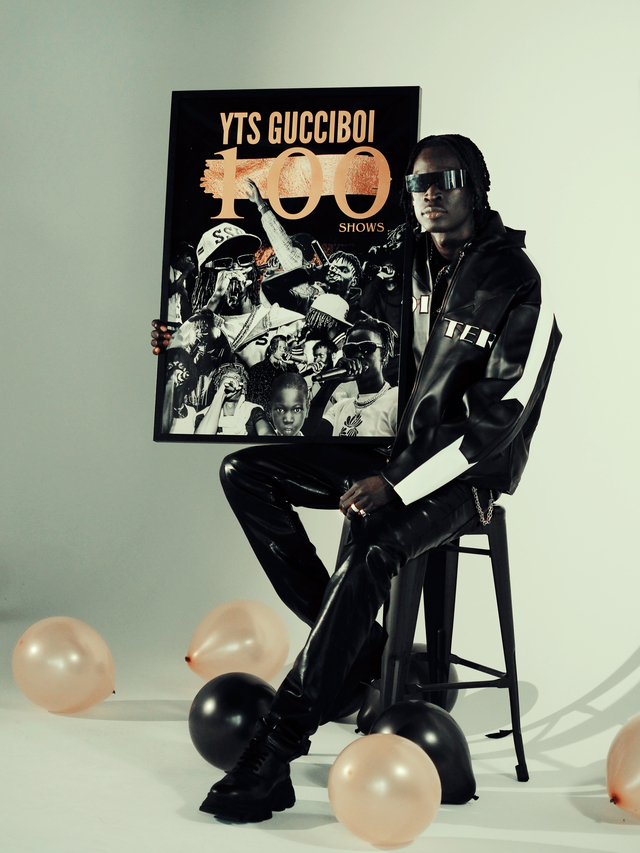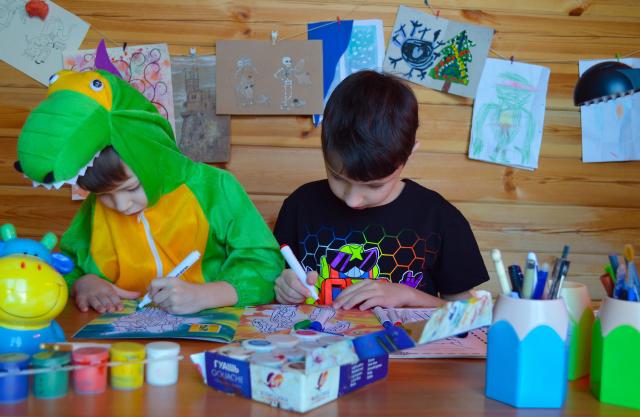Nestled in the hills of Narre Warren North, an equestrian charity is empowering people with disabilities and helping them find their tribe.
Equine Pathways Australia (EPA) was founded in 2017 by Julia Battams, an equestrian coach who had previously worked with Equestrian Australia.
She had worked with athletes with disabilities, training them for the Paralympic Games and world championship competitions.
EPA is an extension of that work – but it’s not just about the horses.
It’s about creating a supportive, safe community where people can learn new skills and meet others like them.
EPA offers three streams to its athletes: vocational, for those who are aiming to get back into the horse or racing industry after an accident; recreational, in which athletes can engage with riding in whatever way they prefer; and the high performance sector, which focuses on training athletes to compete at an international level.
Athletes are supported by qualified allied health professionals who help them set and achieve goals in their riding and training.
Adaptive equipment is used to provide a safe and supportive environment for athletes so they can all achieve their best on the horse.
The charity has grown rapidly in just a few short years and is currently expanding interstate.
While Covid has forced the cancellation of some interstate clinics and even weekend training, the athletes have kept in touch via fortnightly Zoom calls.
The strong social bonds have quite literally saved people’s lives, participant Mel Diplock explained.
She came to EPA after an accident in 2009 and major spinal surgery in 2010 left her with a disability.
She said she had been surrounded by helpful, willing people in the aftermath, but never felt like they could quite grasp what she had been through.
“It’s quite dramatic to say this but I can openly say I wouldn’t be alive without EPA,” she said.
“It was that bad, the depression. I can pretty much guarantee there wouldn’t be one participant who hadn’t said at one point, ‘I wouldn’t be here without EPA’ -it means that much to people with disabilities.”
While the horses are the common interest, it’s the social interaction that creates the bond between participants.
“It’s a one of a kind program that we cannot be without, literally,” Ms Diplock said.
Lucy Coates, another athlete with EPA, got involved at the very beginning of the program after becoming blind in a car accident.
“Julia was my coach at the time and took me on straight after my car accident.
“She put me onto a horse, and the fact that I’m thriving and living such a good life – they’ve definitely contributed heaps to that.”
EPA has supported Ms Coates through struggles, surgeries and different horses, and she is proud to say they’re like her family now.
“With EPA, you are never alone,” she said.

